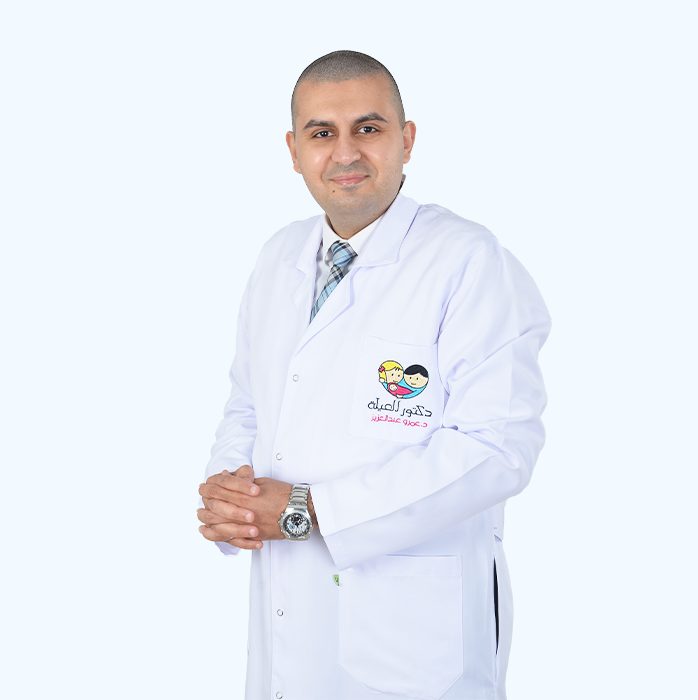ICSI is one of the assisted fertilization techniques that aims to obtain eggs from the woman by stimulating the ovary and stimulating it to produce the largest possible number of high-quality eggs. Each egg is fertilized by sperm from the husband’s sample to form embryos. The embryos are returned three to five days after fertilization inside the uterus.
(ICSI – artificial insemination – IVF) are all techniques that help increase pregnancy rates and treat delayed childbearing, especially in the case of inflammation or adhesion of the fallopian tubes, weak semen of the husband, or the presence of endometriosis, and finally delayed pregnancy and childbirth for long periods (delay of unknown cause).
– The eggs are extracted from the ovary after activating it using general anesthesia, while returning the embryos is a painless procedure that does not require anesthesia. In the case of extraction and return, the hospital is left after a short period and the woman resumes her normal life without any problems.
The IVF preparation program varies from one woman to another and depends largely on the woman’s age, weight, length of marriage, duration of trying to have children, the condition of the husband’s sample, the condition of the right and left fallopian tubes, whether or not IVF attempts have been made before, and finally the woman’s ovarian reserve.
Over the past forty years, ICSI has helped hundreds of thousands of parents have a child and treat delayed pregnancy and childbirth worldwide.



